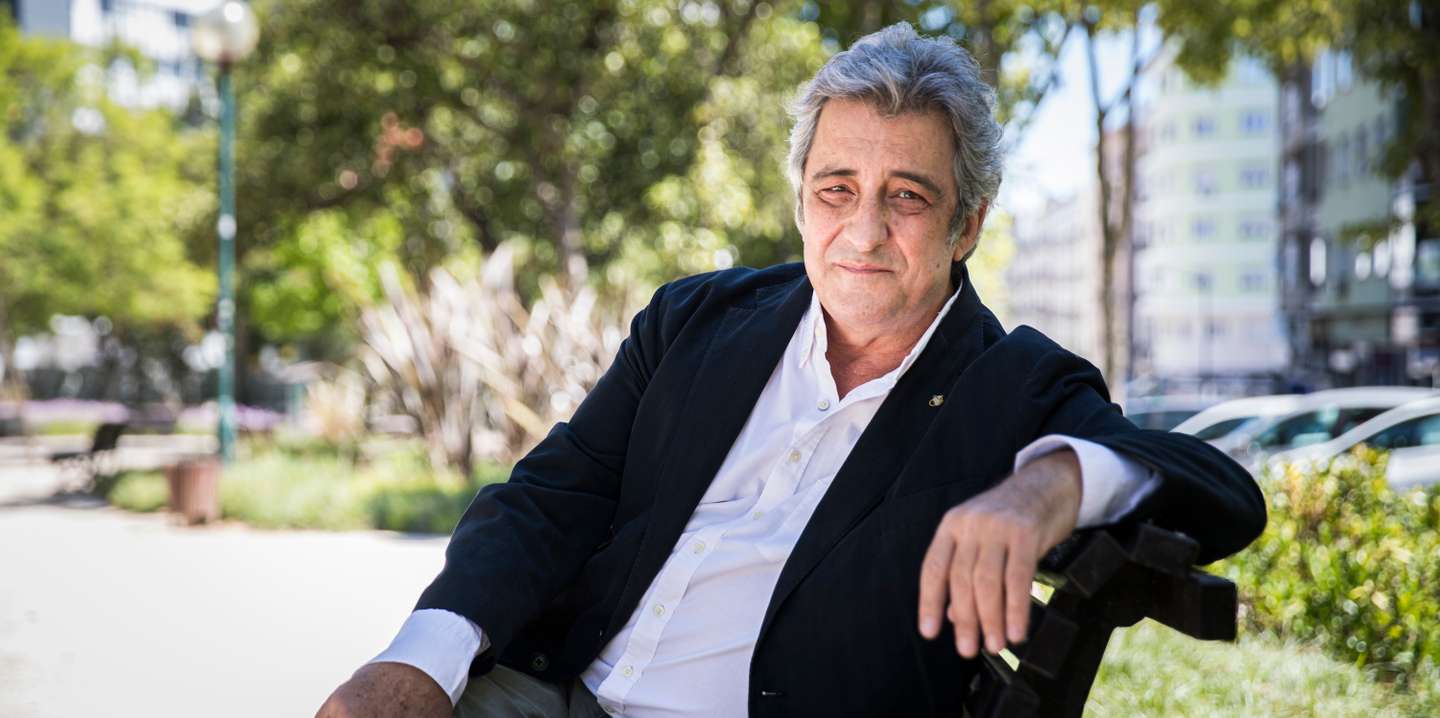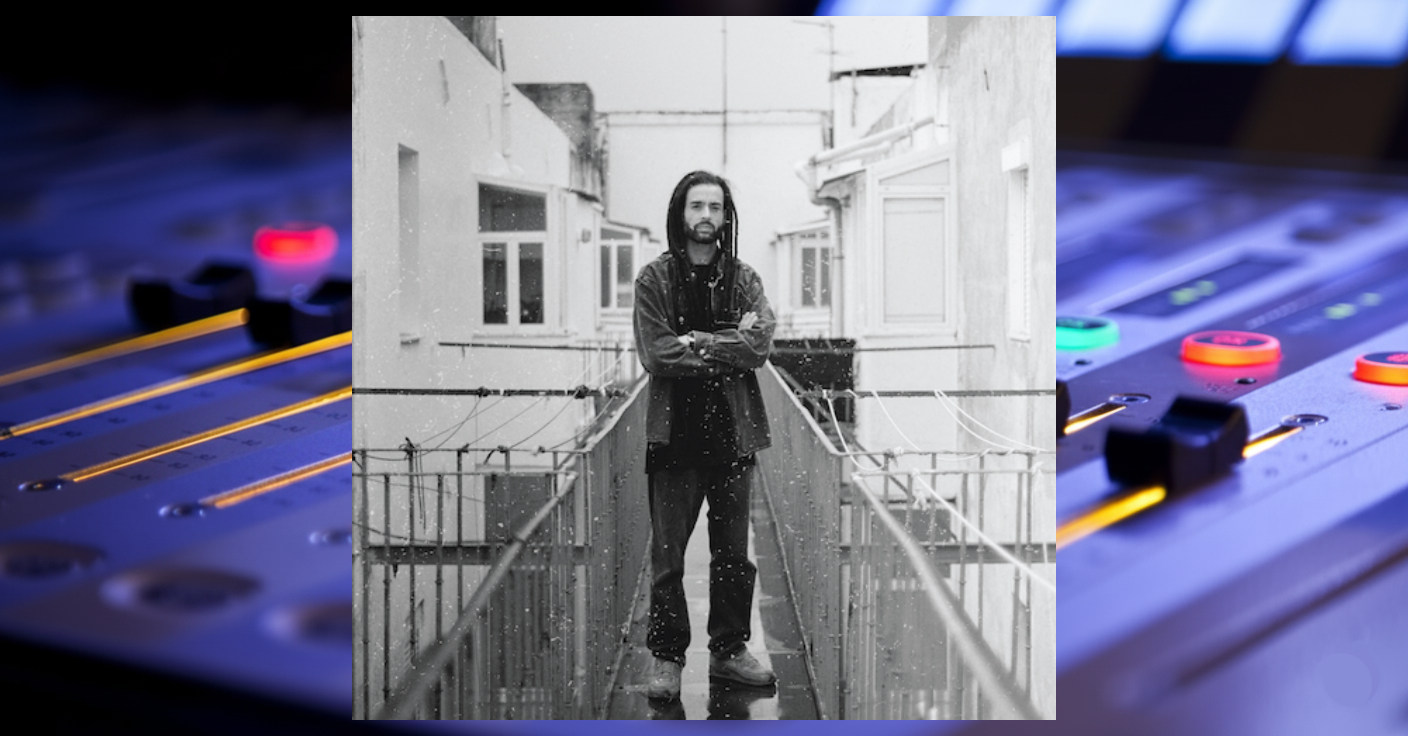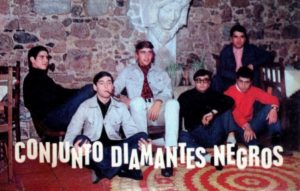Pedro Aires Ferreira de Almeida Gonçalves Magalhães, widely known as Pedro Ayres Magalhães (Lisbon, July 31, 1959), is one of the most influential figures in contemporary Portuguese music. As a composer, guitarist, and producer, he co-founded groundbreaking projects such as Madredeus, Heróis do Mar, and Resistência, leaving a lasting mark on national and international stages.
His early education included time at the Lisbon Military Academy, which he left soon after the 1974 Carnation Revolution. He later studied at the Academia dos Amadores de Música until 1979, where he built the foundation of his musical knowledge. That academic training, combined with self-teaching, shaped the distinct compositional voice that would define his career.
Magalhães began his journey in the late 1970s as bassist for Os Faíscas, regarded as Portugal’s first punk band. With raw energy and a rebellious edge, the group captured the spirit of the times. Soon after, he joined Corpo Diplomático, one of the country’s pioneering new wave bands, bringing modern rhythms and experimental textures to the Portuguese music scene.
In 1981, he co-founded Heróis do Mar, a band that quickly rose to mainstream success with pop-rock hits such as “Amor” and “Paixão”. The single “Amor” went platinum, marking a milestone for the Portuguese music industry. While the group’s connection to the AXO movement sparked controversy, Magalhães later clarified that it was more of a theatrical provocation than a genuine political stance.
Beyond performance, Magalhães also made an impact as co-founder of Fundação Atlântica in 1982. Alongside writer Miguel Esteves Cardoso, he directed the independent label, which supported alternative Portuguese artists such as Anamar, Delfins, and Sétima Legião. This initiative played a crucial role in shaping the country’s independent music landscape.
Perhaps his most celebrated creation came in 1985 with the birth of Madredeus. Alongside Rodrigo Leão, Teresa Salgueiro, Francisco Ribeiro, and Gabriel Gomes, he fused Portuguese folk, fado influences, and classical sensibilities into a sound that enchanted audiences worldwide. Their debut album, Os Dias da MadreDeus (1987), was recorded at Lisbon’s Teatro Ibérico and became one of the first digitally produced albums in Portugal.
In the early 1990s, Magalhães helped establish Resistência, a collaborative acoustic project that brought together leading Portuguese musicians. Known for reinterpreting well-loved songs in stripped-down arrangements, the group emphasized harmony, simplicity, and collective artistry.
Magalhães’s artistic reach also extended to cinema. He collaborated on film scores and appeared in productions such as Wim Wenders’ Lisbon Story (1994). Over the years, his work has been recognized with prestigious honors, including the title of Officer of the Order of Infante D. Henrique in 1994 and Portuguese Golden Globes as part of Madredeus in 1997 and 2002.
In 2025, he once again raised his voice, this time in defense of the Academia de Amadores de Música de Lisboa, where he once studied. Faced with the institution’s possible eviction due to rising rents, Magalhães publicly appealed for its preservation, highlighting its importance in educating generations of Portuguese musicians.
From the rebellious chords of punk to the refined harmonies of Madredeus, Pedro Ayres Magalhães’s journey reflects the transformation of Portuguese music over the past five decades. His legacy lies not only in his compositions and performances but also in his enduring commitment to protecting and nurturing the cultural memory of Portugal.











Pedro Ayres Magalhães é uma figura-chave da música contemporânea portuguesa, atuando como compositor, guitarrista e produtor; é cofundador de projetos… Read more »